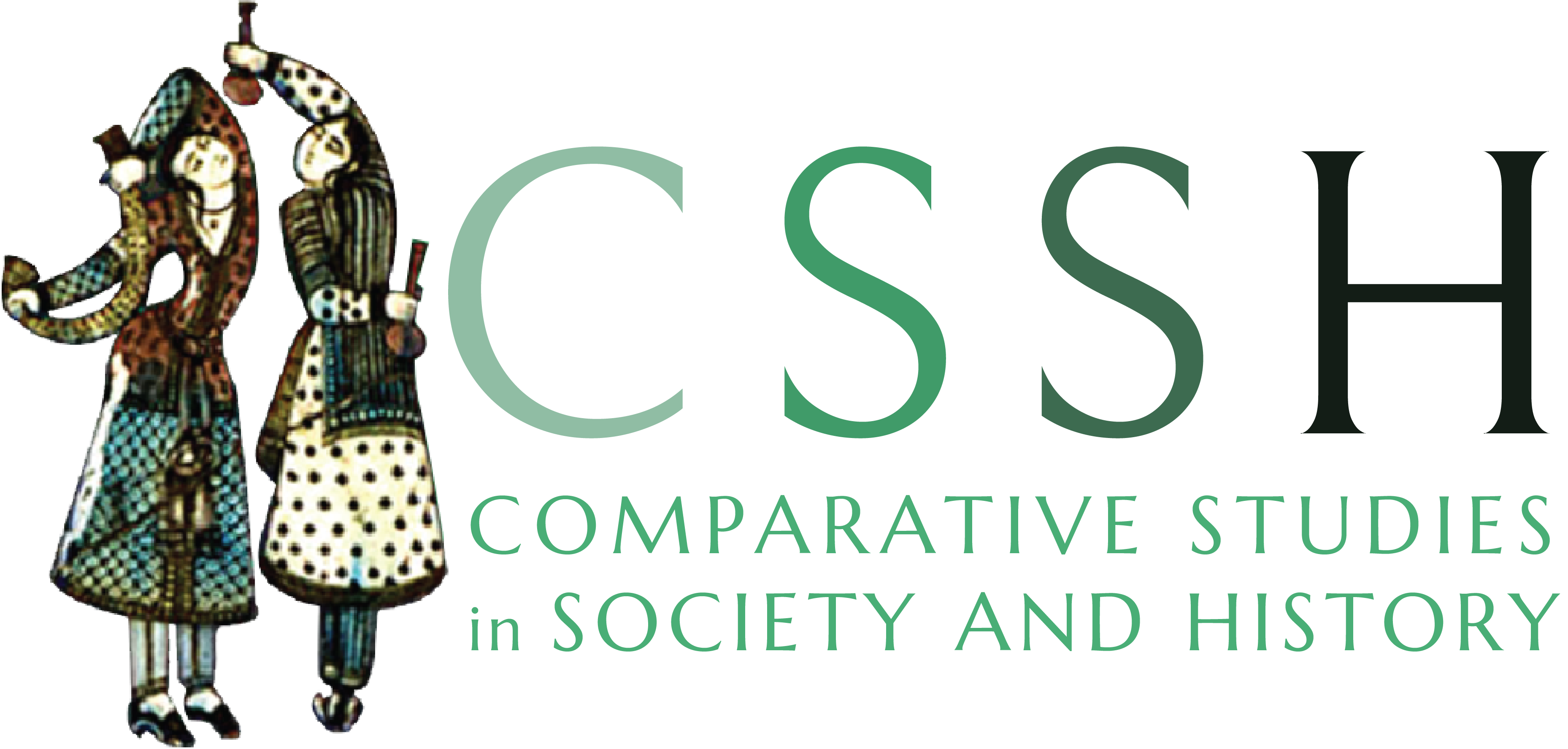Meet the authors of the 64-4 issue, October 2022.
Catherine Alexander is currently Professor of Anthropology at Durham University. Amongst other topics, she has published on changing property regimes, wastes, thrift, and the built environment in Kazakhstan, Turkey, and Britain. Her most recent book, Thrift and Its Paradoxes: From Domestic to Political Economy, is co-edited with Daniel Sosna. She is currently researching different forms and fears of failure in the areas of fusion energy, environmental sustainability, and adult social care from individuals to different framings of state and market failures.
Roger Canals is an Associate Professor at the Department of Social Anthropology in the University of Barcelona. He holds a Ph.D. from the Ecole des Hautes Etudes en Sciences Sociales in Paris and from the University of Barcelona. Specialist in visual anthropology and Afro-American culture, he has published numerous academic articles on visual anthropology, religion, and ethnographic film, as well as the book A Goddess in Motion: Visual Creativity in the Cult of María Lionza (Berghahn Books, 2017). He has also made numerous ethnographic films, internationally awarded, including The Many Faces of a Venzeulan Goddes (2007), A Goddess in Motion (2016), and Chasing Shadows (2019), in collaboration with Ramon Sarró and Marina Temudo. He has been visiting scholar at the University of Manchester, the Institute of Caribbean Studies (Puerto Rico) and the University of Toronto. He is a member of the research group CINAF in the University of Barcelona. He is currently PI of the project Visual Trust: Reliability, Accountability and Forgery in Scientific, Religious and Social Images (ERC-Consolidator Grant, 2021-2026). Visit: www.rogercanals.cat.
Camille Lyans Cole is a Junior Research Fellow at Jesus College, University of Cambridge. She is a historian of environment, law, and capitalism in late Ottoman Iraq, Qajar Iran, and the Persian Gulf, and is currently working on one project on land and belonging in Basra, and another on the connected history of concessions between the Middle East and Latin America. She has previously published several articles on infrastructure, technology, and the environment in Ottoman Iraq. She is also a co-editor of the Jadaliyya Environment Page and coordinator of the Environment module for the Middle East Studies Pedagogy Initiative.
Celeste Muñoz Martínez is a Postdoctoral Researcher in the Univesidad Nacional de Educación a Distancia (UNED). She was previously an associate lecturer at the University of Barcelona (2018–2021) and the Open University of Catalonia (2019–2021). A specialist in the colonial period of Africa and in the history of Equatorial Guinea, she has published numerous scholarly articles and book chapters. She has also participated in eleven competitive projects at national and international levels. She is a contributor to the European Observatory on Memories where she advises in the area of colonial memoirs. She is a member of the GESA Consolidated Research Group of the University of Lleida.
Barbara D. Metcalf, Professor of History Emerita, has taught at the University of Pennsylvania, the University of California, Davis, and the University of Michigan. Her research focuses on the modern history of the Muslim population of South Asia, with an emphasis on religious transformations through institutional and intellectual change, including studies of Deobandi reform, the Tablighi Jamaat, pilgrimage, and political activism. She is currently writing a history of the nineteenth-century women who ruled the princely state of Bhopal. Her publications include Islamic Revival in British India: Deoband, 1860–1900 (Oxford University Press, 1982), Perfecting Women: Maulana Ashraf `Ali Thanawi’s Bihishti Zewar (University of California Press, 1991), Maulana Husain Ahmad Madani: Islam and the Jihad for India’s Freedom (One World Publications, 2008), and (with Thomas Metcalf) A Concise History of Modern India (Cambridge University Press, 2012). In 1995 she served as President of the Association for Asian Studies, and in 2010 as President of the American Historical Association.
Aaron Rock-Singer is a historian of the modern Middle East, with a research focus on twentieth-century Islamic movements and states. He received his BA at the University of Pennsylvania, his M.Phil at Oxford and his Ph.D. at Princeton University. In his first book, Practicing Islam in Egypt: Print Media and Islamic Revival (Cambridge University Press, 2019), he drew on ideologically diverse Islamic magazines from this period to chart the rise of an Islamic Revival in 1970s Egypt within a larger global story of religious contestation and change. His second book, In the Shade of the Sunna: Salafi Piety in the 20th-Century Middle East (University of California Press, 2022), traces Salafism emergence as a social movement with a particular focus on Egypt . In 2019, his article “The Salafi Mystique: The Rise of Gender Segregation in 1970s Egypt” was named one of the top fifteen articles of the past twenty-five years by Islamic Law and Society.
Alice Rudge is Leverhulme Early Career Research Fellow at University College London. She is a social anthropologist with research interests in language, environmental politics, and ethics. She conducts ethnographic research with Batek people in Malaysia, on which she has published in journals such as American Ethnologist and Journal of Linguistic Anthropology. Her current research addresses the moral lives of the African Oil Palm, both in Batek contexts in Malaysia, and in its broader historical and scientific milieus.
Hans Steinmüller is Associate Professor in the Department of Anthropology at the London School of Economics. He is the author of Communities of Complicity: Everyday Ethics in Rural China (Berghahn Books, 2013), and has edited (with Natalia Buitron) The Ends of Egalitarianism (L’Homme, 2020).
Geoffrey Traugh is a Harper-Schmidt Fellow in the Society of Fellows in the Liberal Arts and a Collegiate Assistant Professor in the Social Sciences Division at the University of Chicago. He is currently working on a manuscript, “Wealth Is in the Soil: Decolonization and the Reinvention of International Development in Malawi,” which examines why and how development went rural in postcolonial Africa. His work has also appeared in the Journal of Southern African Studies, History in Africa, and Politique Africaine.
Sarah E. Vaughn is an Assistant Professor of Anthropology at the University of California, Berkeley. She works at the intersection of environmental anthropology, critical social theory, and science and technology studies. Her research advances understandings of climate change in the Circum-Caribbean while tracking the affective, ethical, and political components of dignity and belonging. At stake in her research are questions about the role climate change has in shaping the materiality of expertise, an ethics of (re)distribution, and narrative form. Her book Engineering Vulnerability: In Pursuit of Climate Adaptation has been awarded the Duke University Press Scholars of Color First Book Award. Her writing has appeared in Cultural Anthropology, Critique of Anthropology, Annual Review of Anthropology, Hau; Journal of Ethnographic Theory, Small Axe: A Caribbean Journal of Criticism, and The Massachusetts Review, among others.


